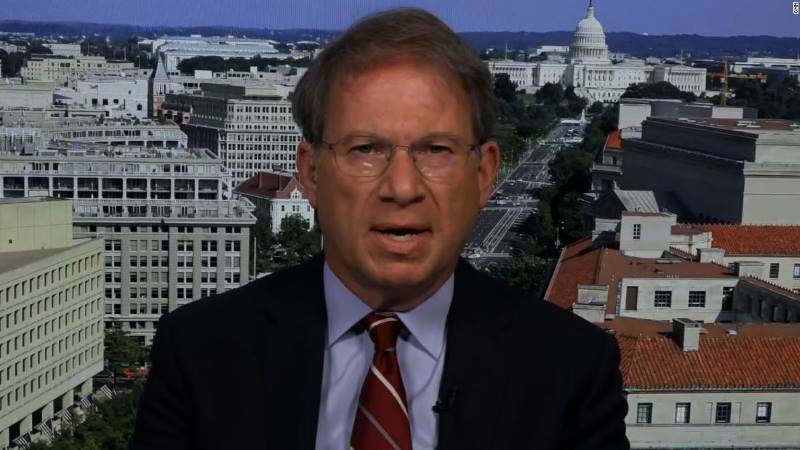President Donald Trump will announce new tariffs on the automotive sector this Wednesday, escalating trade tensions with global partners. The measure precedes a broader tariff initiative scheduled for next week.
Plan Details
Press Secretary Karoline Leavitt confirmed that Trump will speak from the Oval Office at 4 p.m. to unveil the details. The tariffs are expected to target fully assembled vehicles rather than individual components, though the final decision may change before the announcement.
Market Reaction
Financial markets tumbled after Bloomberg’s report, with the S&P 500 falling 0.8%, marking its worst quarterly performance since 2023. A major index of mega-cap stocks plummeted 2.3%, reflecting investor concerns over economic uncertainty. The Russell 2000 declined 0.7%, highlighting weakness in smaller companies amid tightening financial conditions. Overall, market sentiment soured as investors reassessed risks, leading to broad-based selling across equities.
Trump’s Trade Strategy
Trump argues that these measures will boost U.S. automotive manufacturing and pressure companies to relocate production. While tariff rates and possible exemptions remain uncertain, the implementation could lead to additional costs for consumers.

Jeffrey Goldberg Reveals Surprising Disclosure About Trump Administration
Jeffrey Goldberg, editor-in-chief of The Atlantic, was unintentionally drawn into a private message chain about war strategies…
Impact on the Automotive Industry
Manufacturers from Japan, Germany, and South Korea will face disruptions, as will North American companies with supply chains in Mexico and Canada. In 2023, the U.S. imported over $240 billion in cars and light trucks.
Consumer Costs
Experts anticipate vehicle price increases of several thousand dollars. A study estimates that a crossover could cost $4,000 more, while a U.S.-made electric vehicle might rise by up to $12,000.
Challenges and Business Resistance
Trump insists his strategy is working, citing Hyundai’s $21 billion expansion in the U.S. However, shifting tariff policies have created uncertainty in markets and business planning. Detroit and other manufacturers have requested exemptions, highlighting the complexity of restructuring domestic production.


